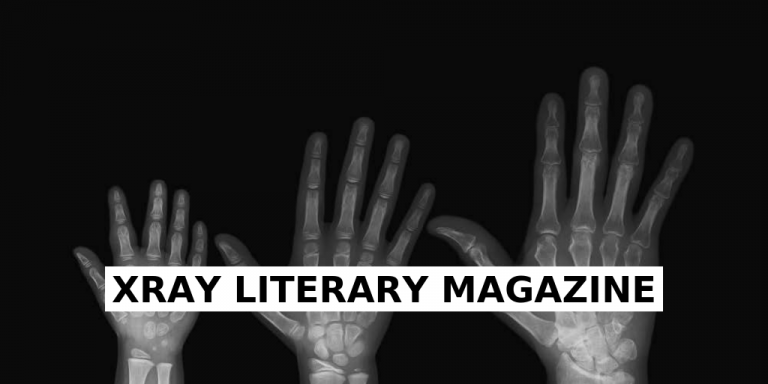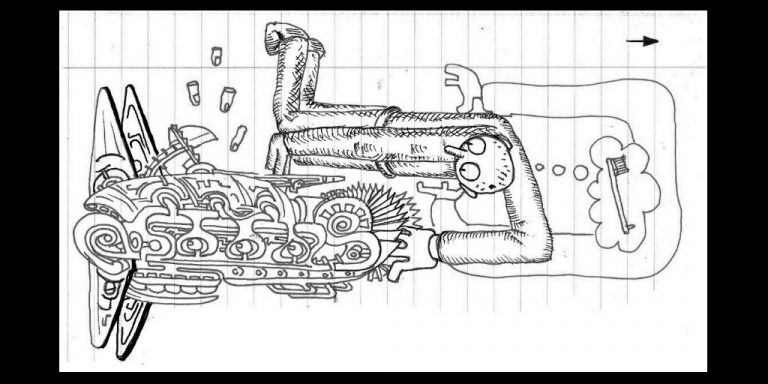
A BILLABLE HOUR by Katherine Heath
In the time that it takes him to park and unload the maintenance van into the freight elevator of the American Angus Journal, I’ve just rolled over to swipe right on the morning alarm. The receptionist, Sharon, escorts him past the framed photographs of carved ribeye—gorgeous cuts of glistening and perfectly pink meat—to the malfunctioning Hoshizaki. Normally it produces two-hundred and eighty pounds of ice in twenty-four hours, but this week, in the middle of a Missouri July, Sharon and her coworkers can’t keep their sweet teas cool. By the time his hands are tinkering with the organs of the

